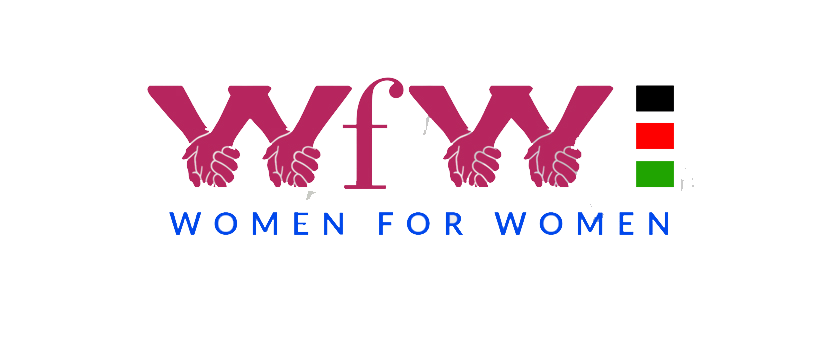At Women for Women Kenya, we believe that every woman deserves accurate information and compassionate care when facing difficult reproductive choices. One of the procedures we often receive questions about is pregnancy termination at 17 weeks. In this article, we aim to provide clear, medically accurate, and empathetic information for women considering or needing a termination at this stage.
Why a 17-Week Termination May Be Needed
There are many reasons why a woman might seek a termination at 17 weeks, including:
- Detection of severe fetal anomalies through mid-pregnancy scans.
- Serious maternal health complications that make continuing the pregnancy dangerous.
- Personal, social, or economic circumstances that were not fully realized earlier in the pregnancy.
- Delayed access to services due to legal, financial, or logistical barriers.
What Type of Procedure Is Used at 17 Weeks?
At 17 weeks, termination is typically performed using a procedure called Dilation and Evacuation (D&E):
- Cervical Preparation: The cervix needs to be softened and gently dilated. This may take several hours or even a day, often using osmotic dilators (small rods that absorb moisture and slowly open the cervix) and medications such as misoprostol.
- Surgical Evacuation: Once the cervix is adequately dilated, the doctor removes the pregnancy tissue using a combination of suction and specialized surgical instruments.
- Pain Management: The procedure is usually performed under local anesthesia with sedation or general anesthesia, depending on the woman’s medical condition, preference, and facility capability.
Risks and Safety
A 17-week termination is generally safe when performed by trained medical professionals in a proper setting. However, like any medical procedure, there are risks, including:
- Excessive bleeding
- Infection
- Injury to the uterus or cervix
- Emotional and psychological effects
These risks are rare but should always be discussed with your healthcare provider
Post-Procedure Care
After a D&E, women typically recover quickly, though some cramping and light bleeding are normal for a few days. Follow-up care is important to ensure proper healing, manage any side effects, and provide emotional support if needed. Women for Women Kenya offers compassionate aftercare, including counseling and contraception options.
Emotional Considerations
Making the decision to terminate a pregnancy at 17 weeks can be emotionally challenging. Women may experience a range of feelings, including relief, sadness, grief, or guilt. It’s essential to seek support from trusted healthcare providers, counselors, or support groups.
Legal and Ethical Context in Kenya
Kenya’s abortion laws allow for termination when the health or life of the woman is at risk, or in cases of severe fetal anomalies. Every woman should receive individualized counseling to understand her legal rights and available medical options.
Our Commitment to You
At Women for Women Kenya, we are committed to providing safe, legal, affordable, and non-judgmental reproductive healthcare. If you or someone you know needs information or support regarding a 17-week termination, please contact us. We are here to support you every step of the way.




